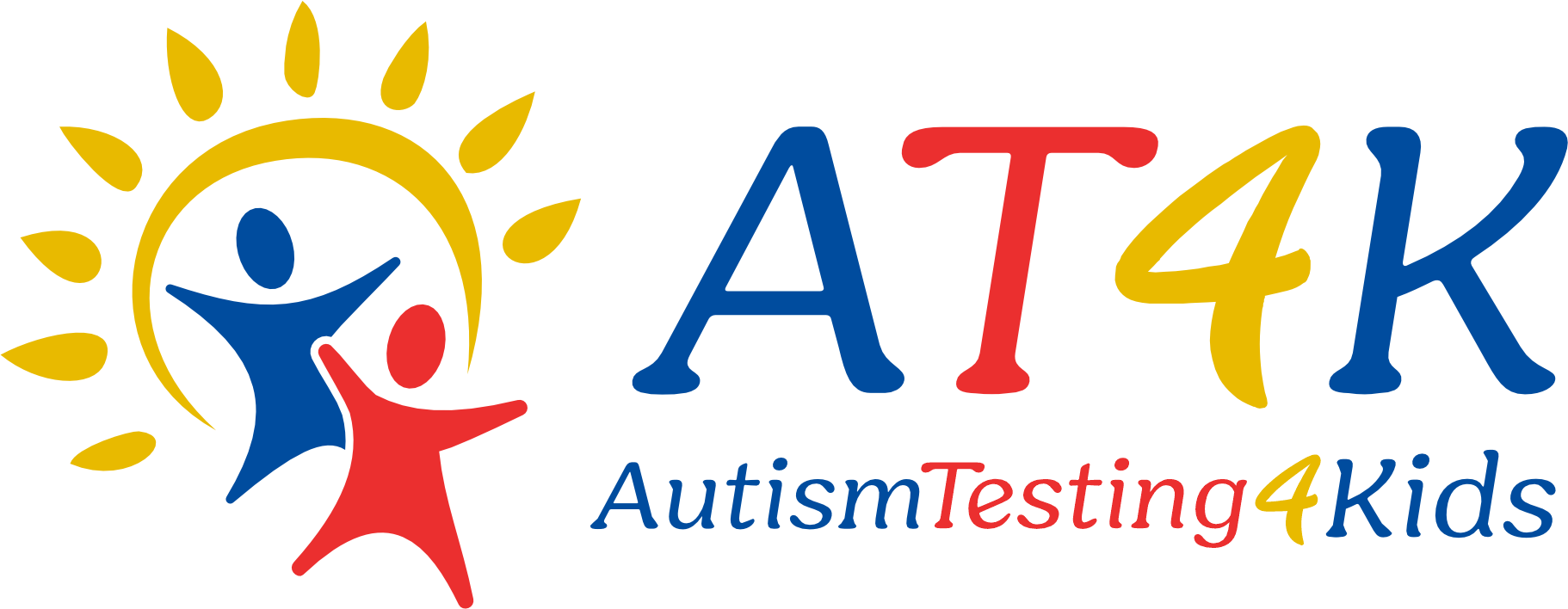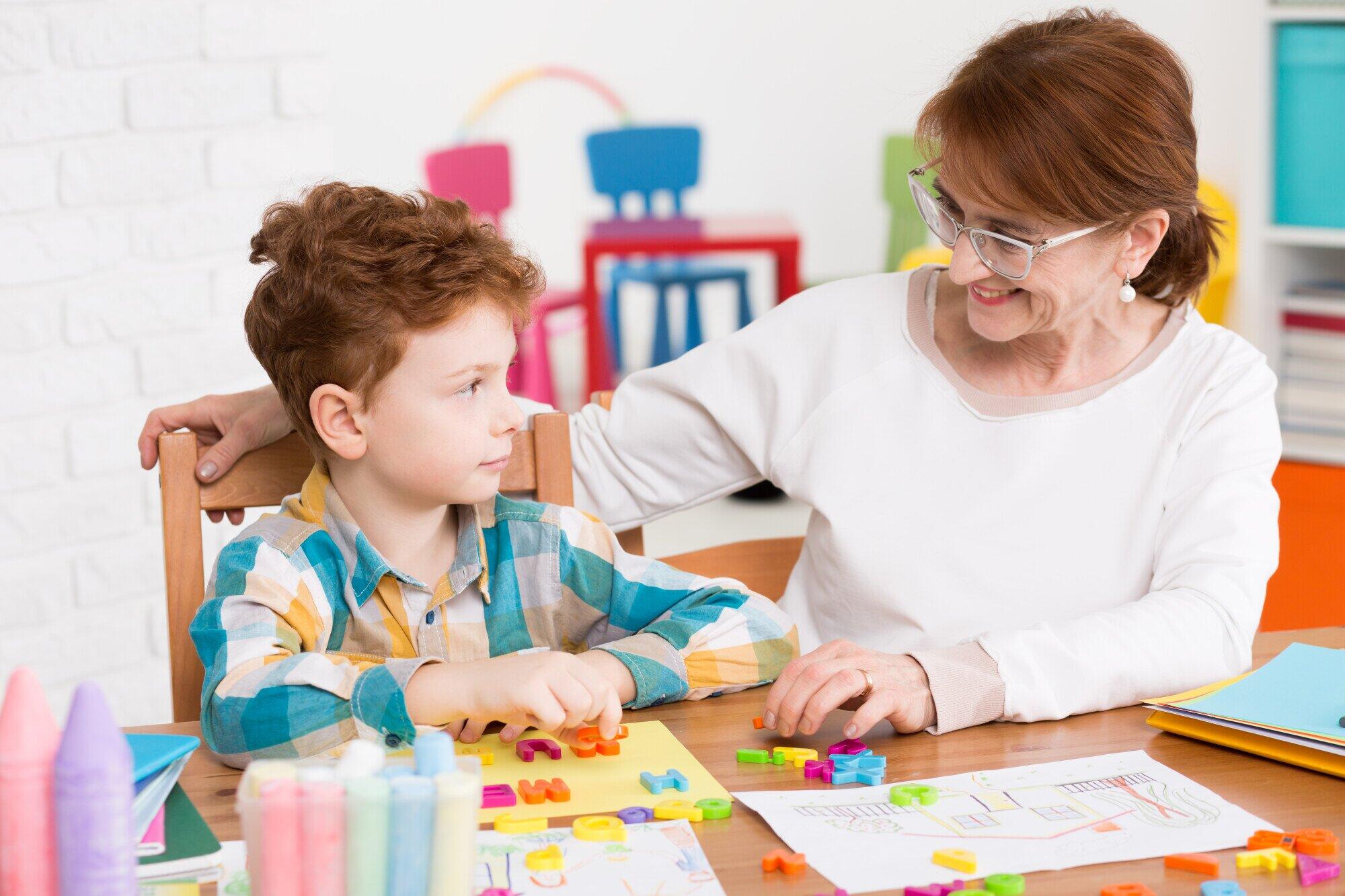Raising a neurodivergent child is a unique challenge. They require extra attention and care to help them thrive. Although you may feel your situation is exceptionally rare, approximately 15-20% of the world’s population is estimated to be neurodivergent.
Understanding the signs of neurodivergence in children can help you take action as soon as possible. This will substantially improve the ways you support them.
We’ve created a guide on the signs to look for and how you can ensure your child receives the appropriate level of care. Let’s explore what you need to know.
Toe Walking
Toe walking is one of the most common signs of neurodivergence in children. This is particularly true for kids who have received an autism diagnosis from a pediatric doctor.
In context, it involves someone walking on their toes or the balls of their feet rather than walking normally. This can lead to several long-term issues, such as foot pain, blisters, and calluses.
Keep in mind that there are plenty of children who walk this way for no reason and aren’t neurodivergent. Combined with other signs on this list, though, toe walking could indicate the presence of neurodivergence.
Self-Focus
It’s not uncommon for neurodivergent children to solely focus on themselves. This can make having conversations or developing friendships difficult. It can also cause difficulty in social interactions as they age.
To clarify, a neurodivergent person may excessively or exclusively talk about themselves. Keep an eye out for this atypical social behavior.
Strict Adherence to Routines
Neurodivergent children often develop routines they obsessively adhere to. This could involve virtually anything, such as opening and closing a door multiple times before walking through the doorway.
If something impedes a routine, neurodivergent people can become extremely upset. They will also typically refuse to engage in activities related to that routine if it’s disrupted.
Sleeping Difficulties
Inexplicable sleeping difficulties can sometimes point to neurodivergence. These are often caused by sensory issues, such as being hypersensitive to light or sound. Some neurodivergent children can’t fall asleep without sleeping near someone else.
To accommodate this, you should establish a nightly routine for your child. It’s also important to ensure they avoid screen time shortly before bed.
Sensory Overload
Most of us have experienced situations where we need to walk outside or otherwise clear our heads. Being in a crowded, loud room is one of the most common scenarios. Neurodivergent children can experience this same sensation in situations that aren’t conventionally overstimulating.
To clarify, a neurodivergent child who is highly sensitive to sound may hate being in a cafeteria during lunchtime. Sensory sensitivity affects how the child views the world around them, causing them to react differently than most people would in many scenarios.
Anxiety
Heightened anxiety and neurodivergence go hand in hand. People who experience intense anxiety might obsess about past social interactions.
They might also isolate themselves out of fear of being rejected. They might also have poor success when socializing with others. In extreme cases, children with high levels of anxiety could become depressed or exhibit signs of addictive behavior.
Difficulty Maintaining Eye Contact
Difficulty holding eye contact is perhaps the most notable sign you have a neurodiverse child. This leads to several issues, including difficulty retaining information in educational settings.
Neurodivergent individuals at school might not look at their teacher during lessons. This can make it hard for them to recall what they learned.
Poor eye contact may also make social interactions even more difficult for the child. The sooner this issue is addressed, the better off the child will be.
Supporting a Neurodivergent Child
It’s essential to support a neurodivergent child. Their life will impose many difficulties, and you should aim to equip them with the tools to overcome the challenges they face. Listed below are some of the best ways to do so.
Indulge in Their Uniqueness
Neurodivergent children will no doubt exhibit unconventional behavior. Rather than attempting to “correct” them, you should indulge in these behaviors instead. Of course, that only applies if their actions don’t adversely affect themselves or others.
A common scenario could include a child wanting to stack blocks as high as possible. This is a great opportunity for you to play along and engage with your child. These scenarios provide neurodivergent children with valuable comfort and facilitate self-expression.
Expand on These Interests
Neurodivergent children can use their conditions in positive ways. For example, let’s assume your child obsessively enjoys coloring books.
You could encourage them to create drawings from scratch. This will open up a brand new world for them.
In a similar vein, you could take a child who loves animals on a trip to a zoo. Simple interactions like these go a long way toward keeping a neurodiverse child at peace.
Celebrate Their Neurodiversity
It’s crucial to celebrate your child’s neurodiversity. The world has a way of making neurodivergent people feel inferior or inadequate.
Let them know this isn’t the case and that their unique situation is something to be proud of. Children who develop self-acceptance can often translate their hyper-focused interests into lucrative careers.
Seek Professional Assistance
This is one of the greatest ways to support your child. Professionals have the tools and resources to help you overcome obstacles you encounter.
You can also avoid issues you may have otherwise dealt with. When looking for someone to work with, explore their past reputation.
There should be no shortage of amazing feedback from previous clients. You should also ensure they specialize in this area of medicine. Otherwise, they might not understand important nuances of your child’s behavior.
Don’t Overlook the Signs of Neurodivergence
The sooner you recognize the signs of neurodivergence in your child, the sooner you can take action. This will ensure you provide them with the necessary resources and give them the greatest chance of success.
At Developmental Pediatrics, our team has served patients for over three decades. We diagnose autism spectrum disorders in children and toddlers and help parents accommodate them. Get in touch with us today to learn more about the information we can provide about your child’s condition.




